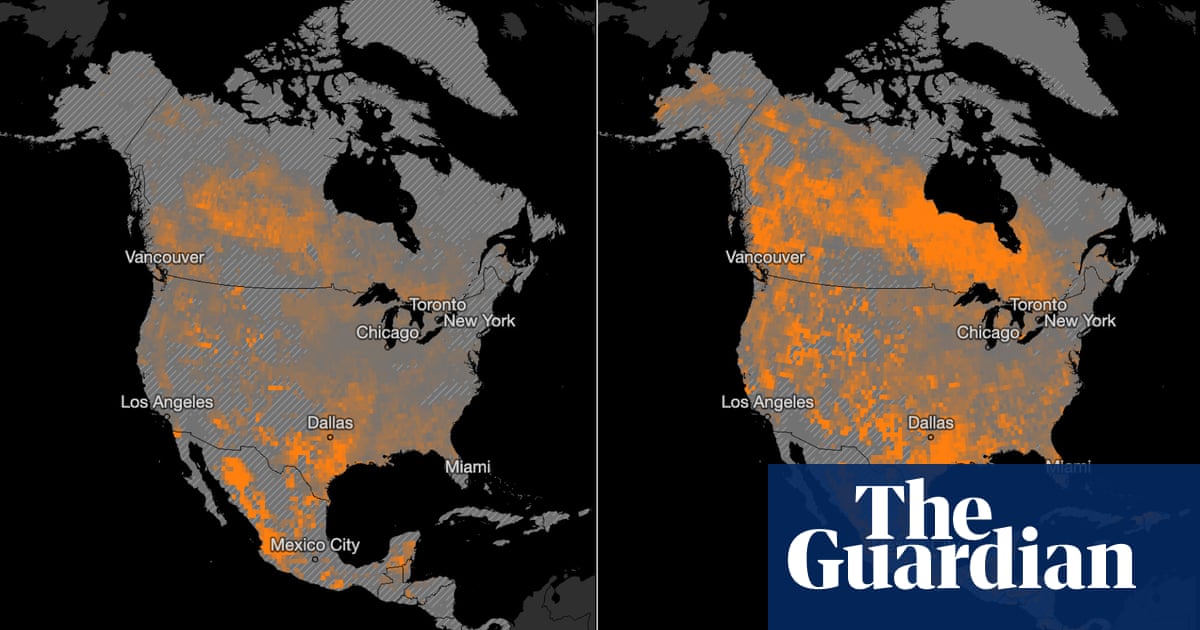It's the "irrerversible disastrous consequences" that I have a concern about. Firstly "as predicted" - just taking a few randomly, the UN told us that there would be 50 million climate refugees by 2010, we heard that polar bears would be extinct by 2015, that Pacific Islands would be inundated (in fact the University of Auckland study showed their land mass is increasing), that our (Australia's) dams would never fill again (how useful is Sydney's desalination plant looking?), that snow would disappear from our snowfields (they are in the midst of a bumper season) etc. I've lost count of the number of "tipping points"(from memory the first was 1990). Some years ago Prince Charles said the world has 100 months to do something (we missed that).
Predicting what will happen is fraught.
A little while ago Professor Andy Pittman, Director of the ARC Centre of Excellence for Climate Extremes (based in ANU) declared that there was no link between climate change and drought in Australia - he said he had over a hundred years of data to prove it. I listened to the talk he gave online. Unfortunately Andrew Bolt got hold of it and declared it the "smoking gun" that disproved climate change (a nonsense argument). Pittman then said he "misspoke" and meant to say no "direct" link. I listened to the talk and he didn't seem to misspeak. But direct link or not Pittman was clearly saying that climate change was not causing droughts in Australia.
The Great Barrier Reef (which I think is in serious danger from climate change) was said to be doomed. Then our scientists discovered that it was much more resilient than first thought (i.e., they got it wrong) and could survive if the increase was held to 1.5 degrees (by coincidence the IPCC target). So their new catch cry is "The Reef's alive at 1.5".
I think there has been too much panic and not enough thought given to both prevention of temperature increases and mitigating the effects of such rises. Humans have adapted to lots of changes over time - the last really big one was when the ice blanket covering much of North America (covering thousands of square kilometres and up to three or four kilometres deep) melted. It inundated islands and low lying areas, flooded the Black Sea (which was arable land), changed currents and jet streams, created deserts and forests etc.
We recently had our largest ever bushfire in temperate forests. Was this the result of climate change? Or was the failure to clear debris, undertake proper back burning, maintain fire trails, etc, contributing factors? We should learn lessons from the Indigenous population on how to manage our fire prone environment.
There is just so much to discuss and there is not enough space here to do it justice.
Cheers





